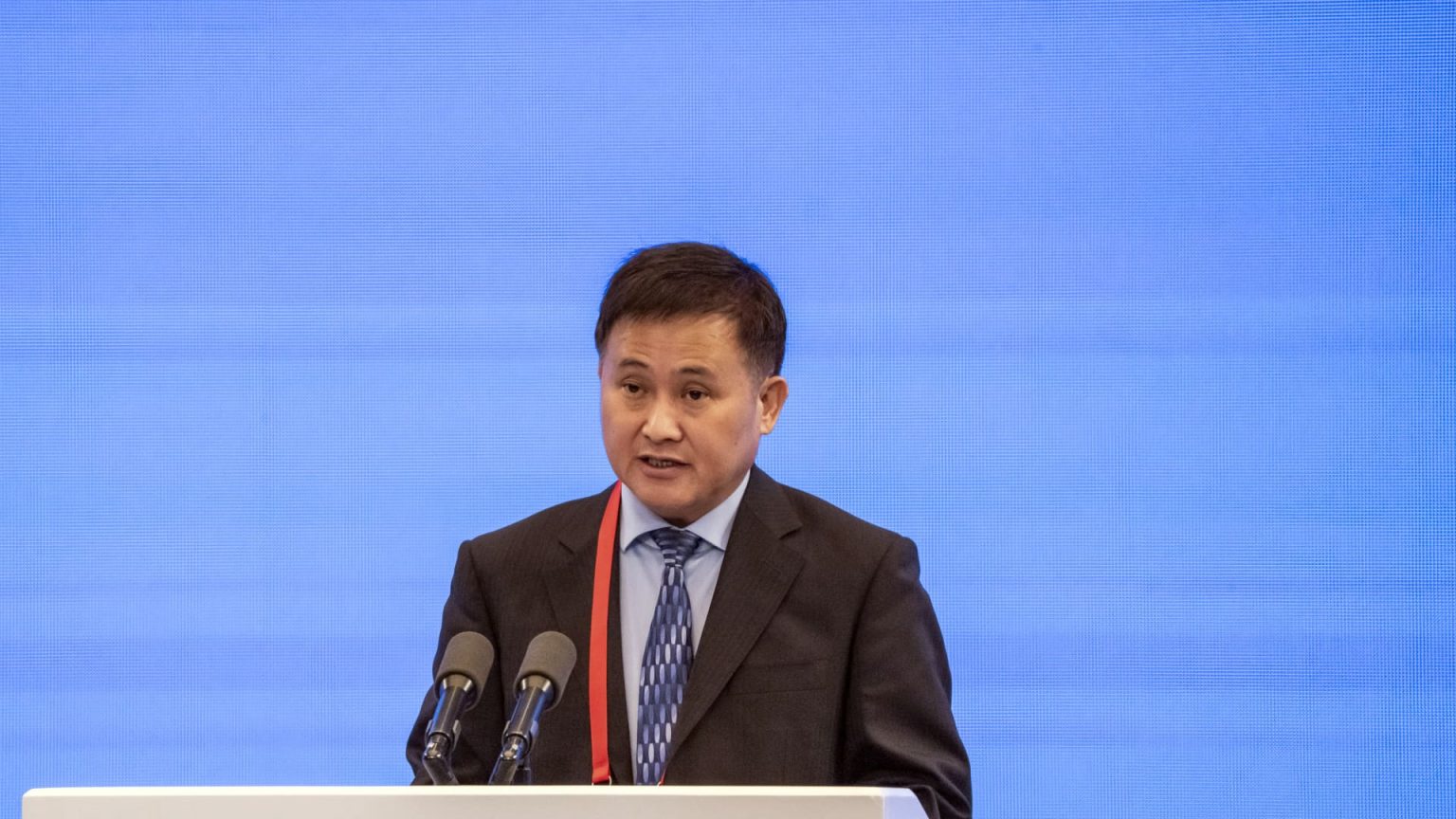China’s financial risks have decreased, according to People’s Bank of China Governor Pan Gongsheng. He mentioned that the central bank will collaborate with the Ministry of Finance to help China achieve its full-year growth targets and ensure that monetary policy remains supportive. There has been a concerted effort to address risks arising from high debt levels in the real estate sector, which is closely linked to local government finances. International institutions have been urging China to reduce its growing debt levels to mitigate risks.
Local government financing vehicles (LGFVs) have been a key focus, with efforts aimed at reducing their debt burden. Pan highlighted that the number and debt levels of LGFVs have been decreasing, and the cost of their debt burden has significantly dropped. These financing platforms emerged in China to enable local authorities to fund infrastructure projects when they couldn’t borrow directly. However, the lack of oversight led to indiscriminate funding, raising debt burdens that local governments are responsible for. Recent efforts by various stakeholders have helped alleviate some immediate repayment needs of weaker LGFVs and boosted market sentiment.
Despite progress, LGFV debt still remains a significant challenge, with over 1 trillion yuan of LGFV bonds set to mature in the next few quarters. China’s slowing growth has compounded debt challenges, with concerns that the country may not achieve its full-year growth target without additional stimulus. The International Monetary Fund has recommended that macroeconomic policy support domestic demand to mitigate debt risks, especially from small and medium-sized banks, which account for a significant portion of the banking system assets.
Pan also addressed issues in the real estate sector, emphasizing that the mortgage down payment ratio has reached a record low of 15% in China. Interest rates are also low, and central authorities are assisting local governments with financing to acquire properties for affordable housing or rental units. While real estate has been a significant contributor to China’s economy, Beijing has been redirecting its focus towards advanced tech and manufacturing sectors. This shift aims to reduce reliance on real estate for economic growth, diversifying the economy and reducing risks associated with overreliance on a single sector.
Recent volatility in the government bond market has been a concern, with the PBOC making the uncommon decision to delay a rollover of its medium-term lending facility in favor of a capital injection via a 7-day reverse repurchase agreement. Pan highlighted the central bank’s efforts to revamp its monetary policy structure, including adjustments to benchmark rates like the loan prime rate. The PBOC has been actively managing monetary policy to support economic growth while mitigating financial risks, with a particular focus on addressing issues in the real estate sector and local government debt.













